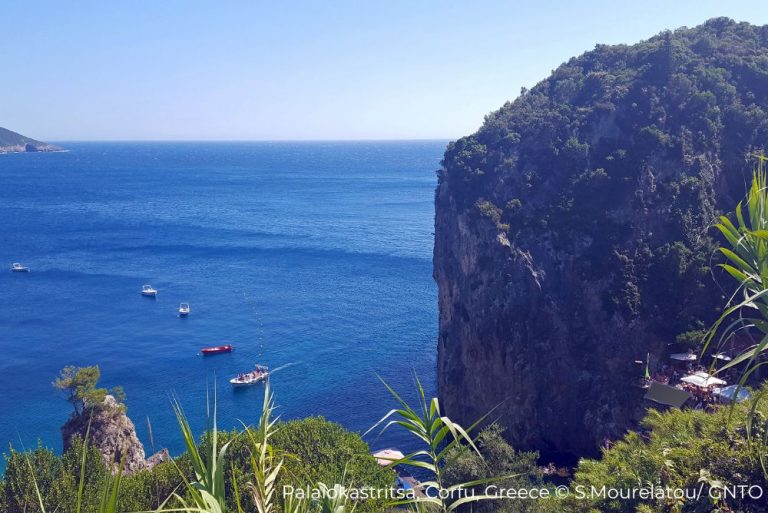
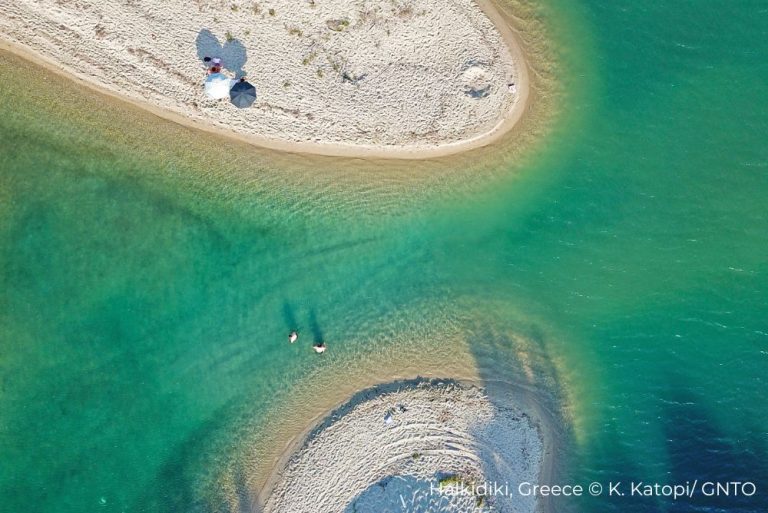
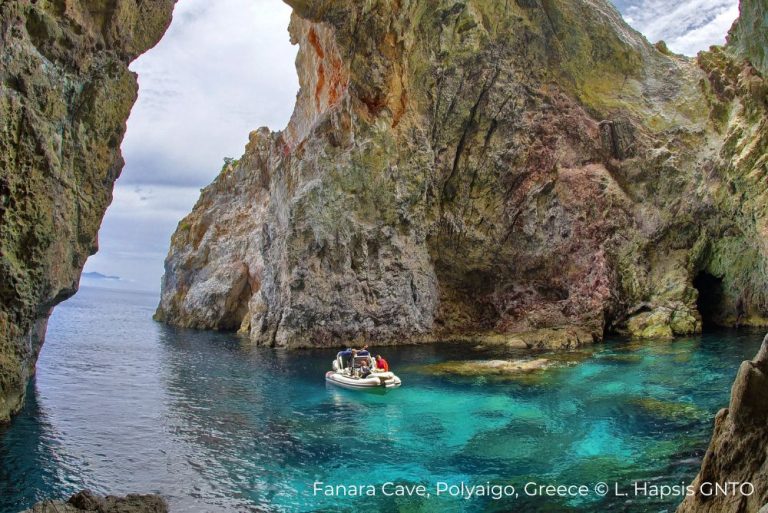
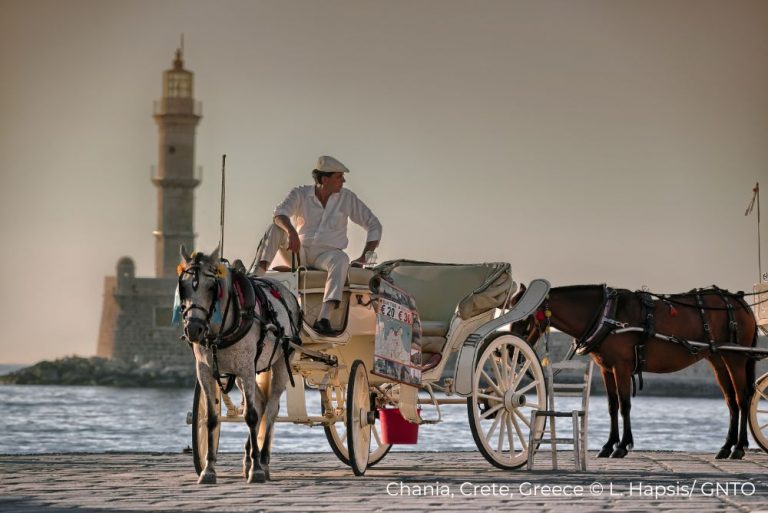
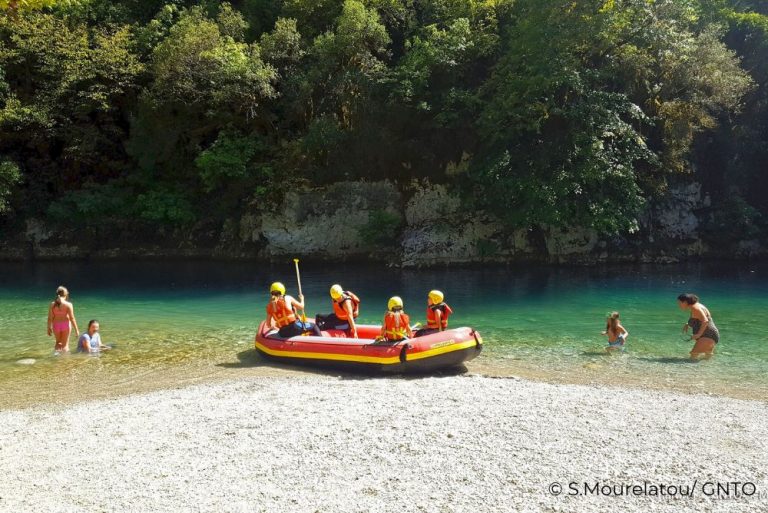
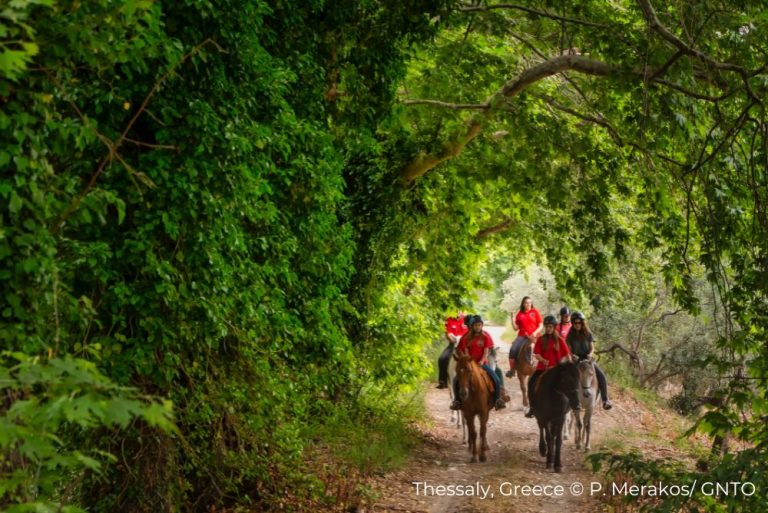
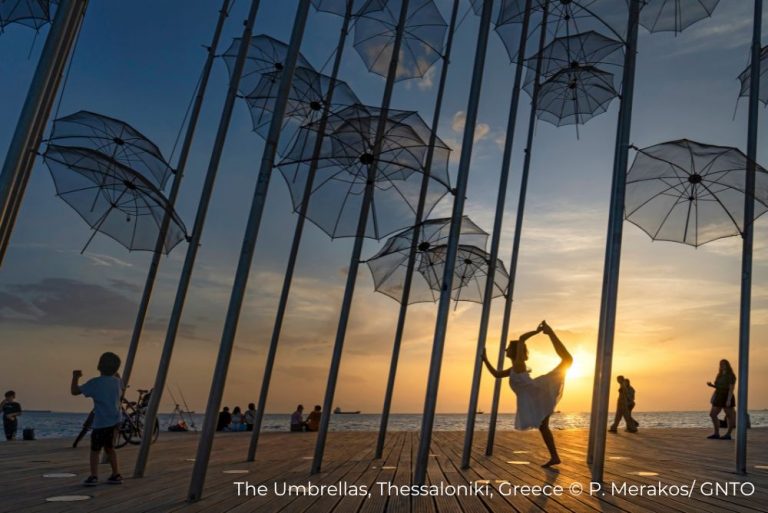
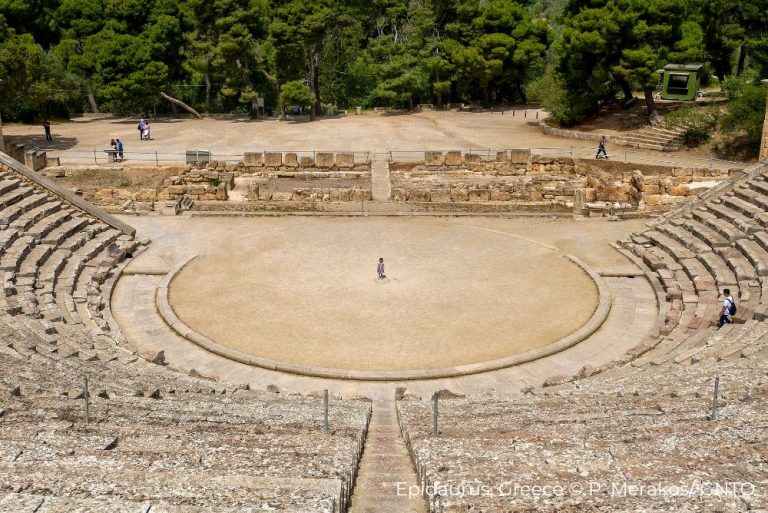
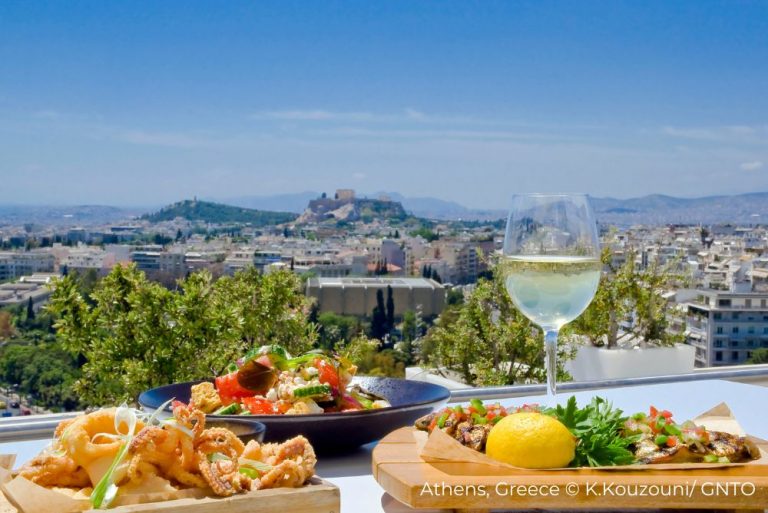
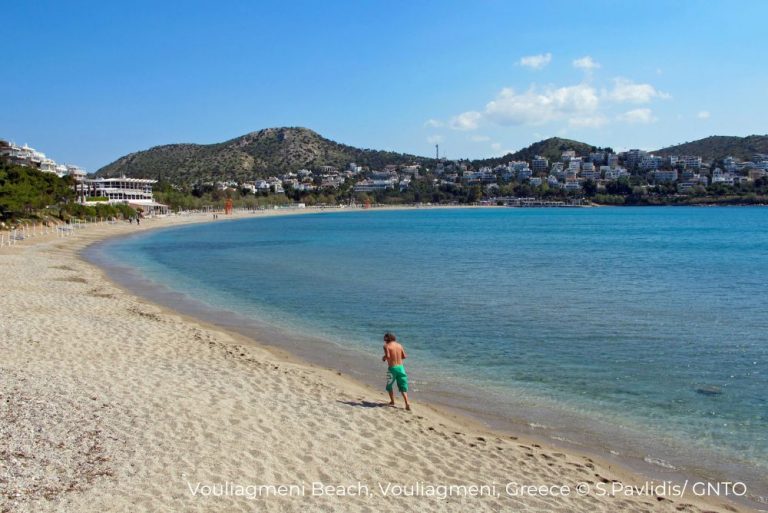
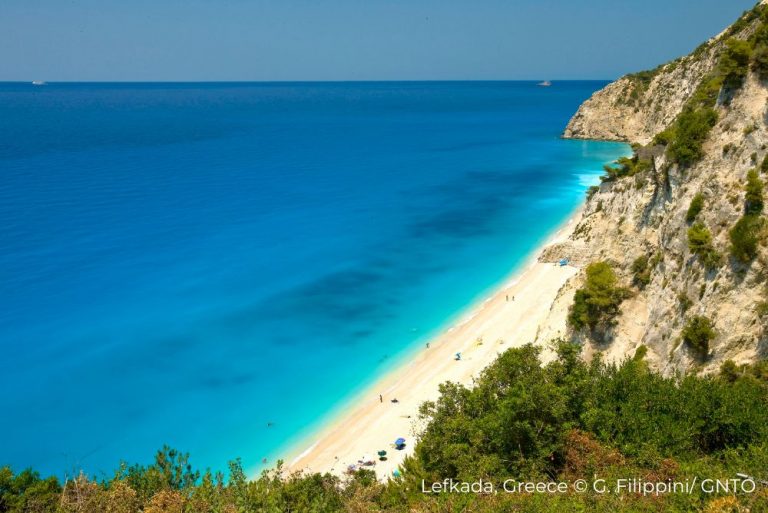
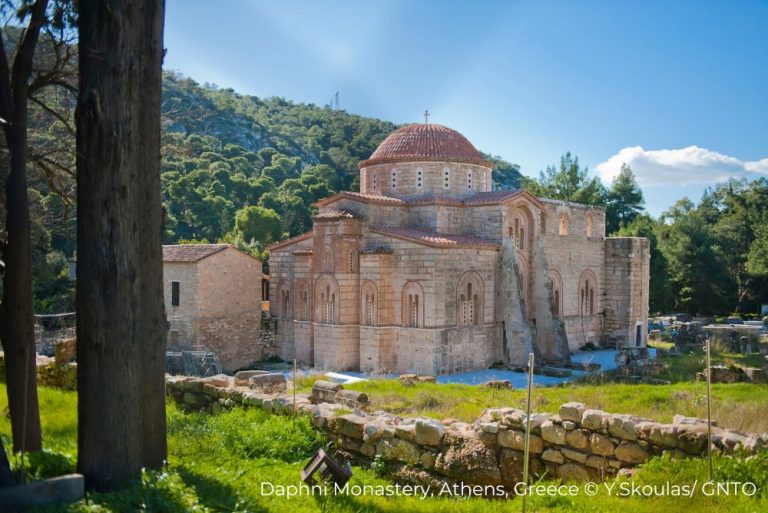
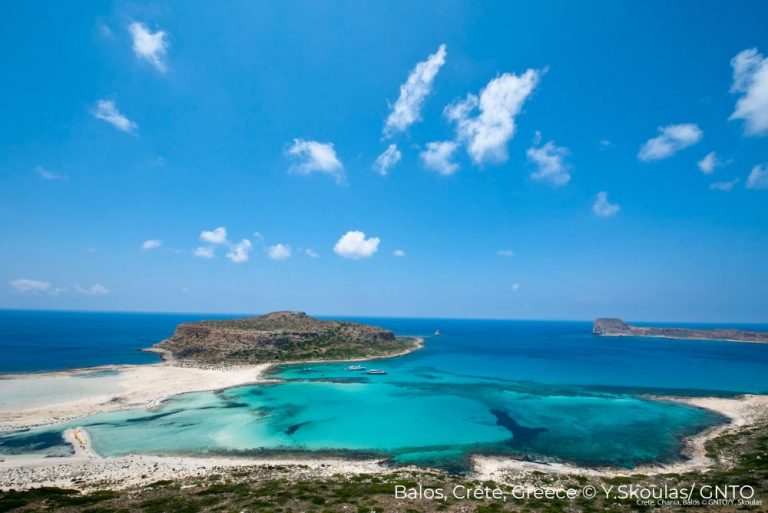

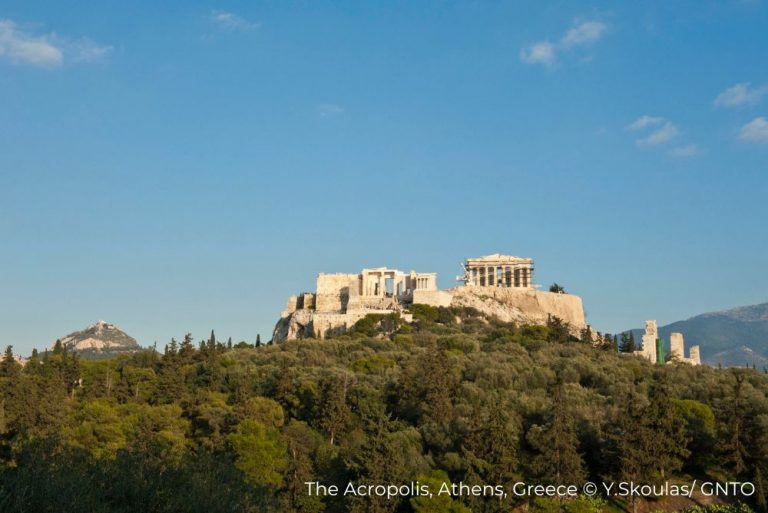
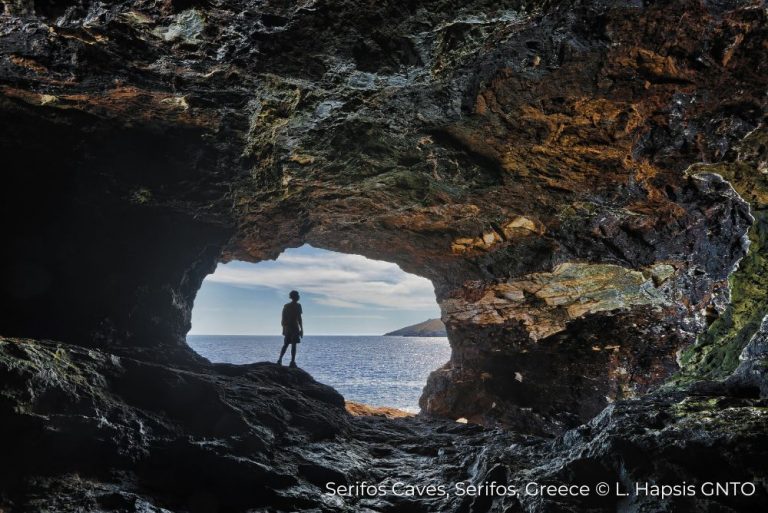
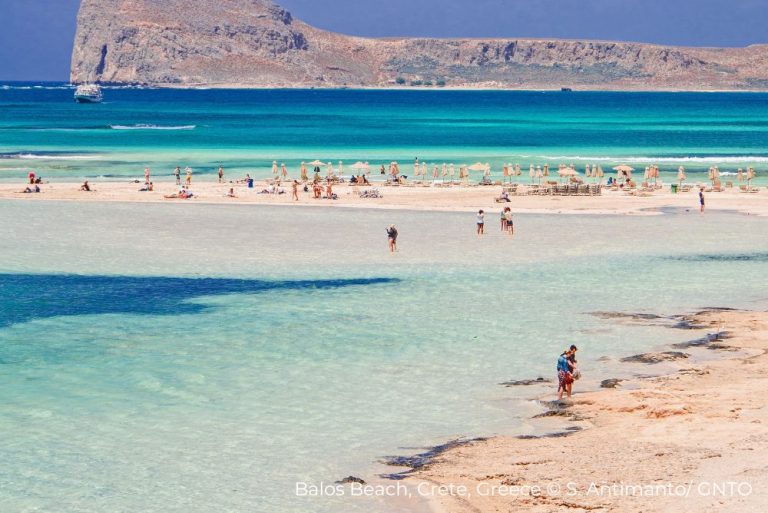
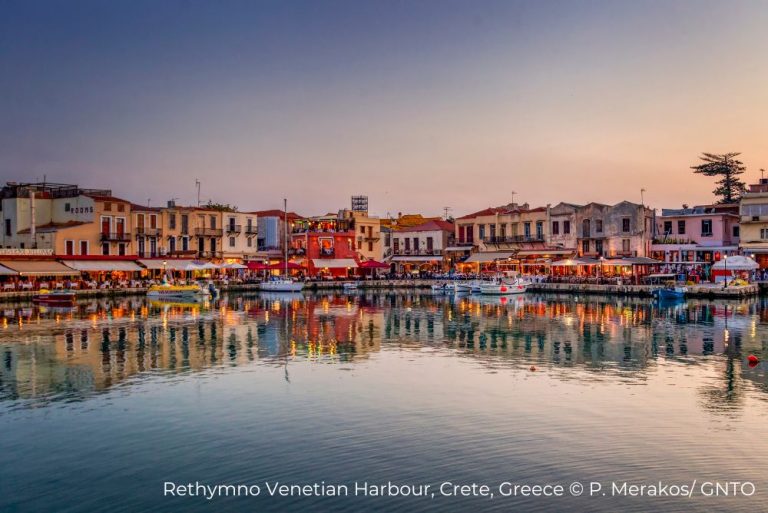
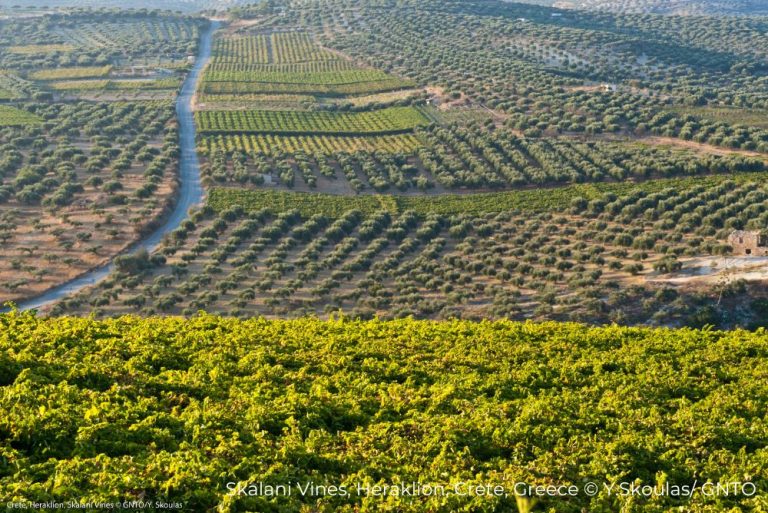
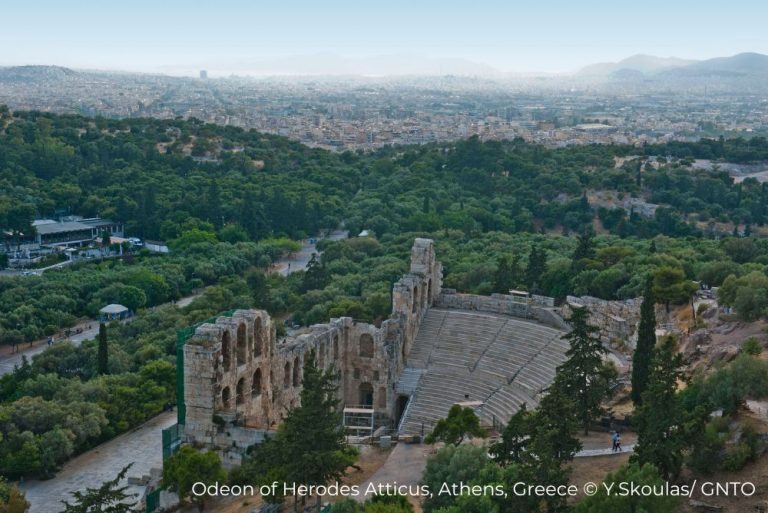
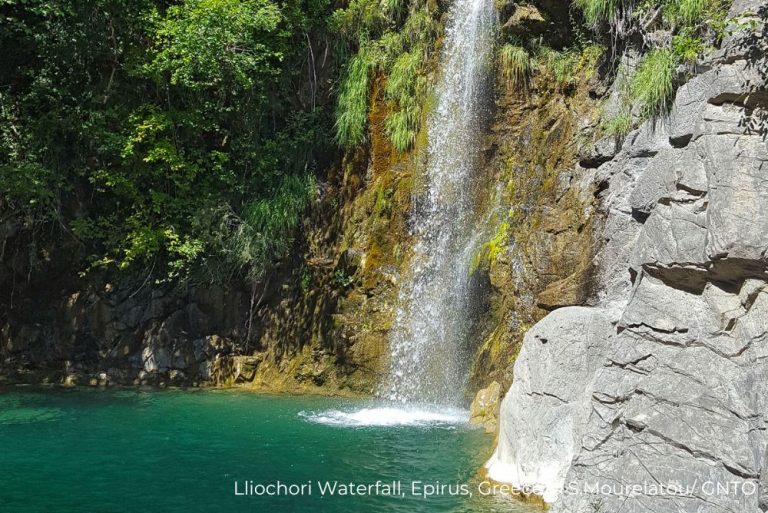
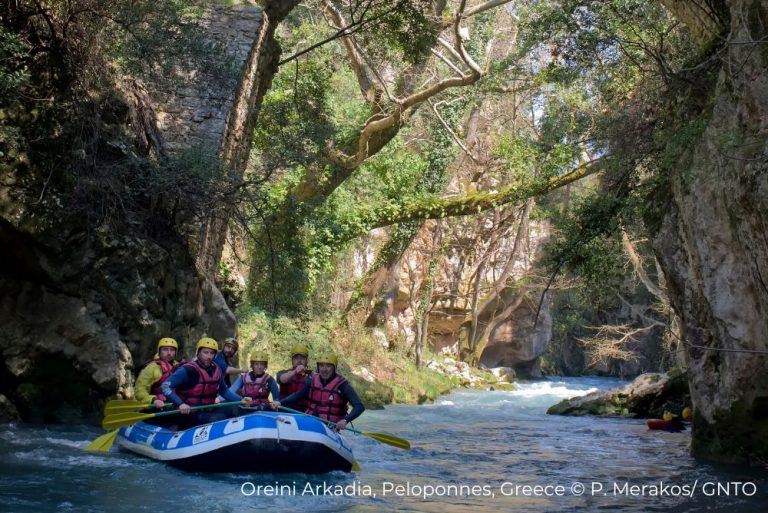

With incredible stunning natural beauty, a rich cultural and historical heritage, tantalising cuisine and endless adventures to be had, Greece is the ideal destination to escape to. From Greece’s majestic mainland to its tranquil islands, you’re sure to be enchanted and inspired every day of your trip. Here you’ll find an incredible history to get lost in with hundreds of monuments, archaeological sites and cultural experiences to enjoy. You’ll be able to experience the birthplace of democracy in Athens and marvel at the impact and legacy that Greek civilisation has left on the world.
You’ll also find vibrant cities, towns and villages to explore with incredible food, a multitude of established resorts, hotels and villas to stay in and a well-established local tourism industry ready to make your visit one to remember for a lifetime. Away from their urban centres, Greece will enliven thrill seekers with incredible landscapes to explore from stunning mountain ranges nestled in the clouds, tranquil forests, and gorgeous rivers and coastlines to navigate. Greece will also provide you with plenty of opportunities to unwind and recharge with a long history of therapeutic practices stretching back to ancient times.
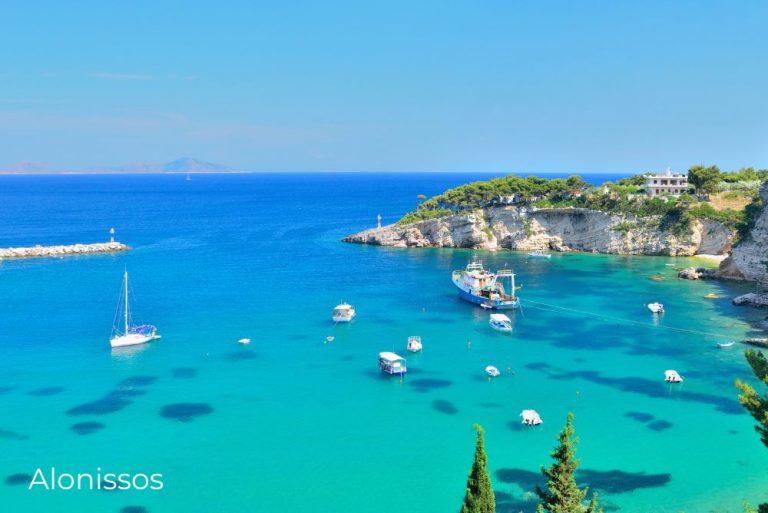
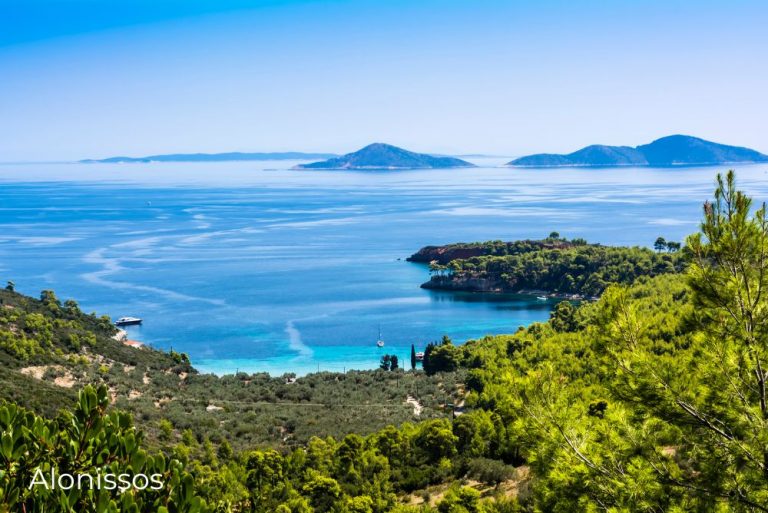
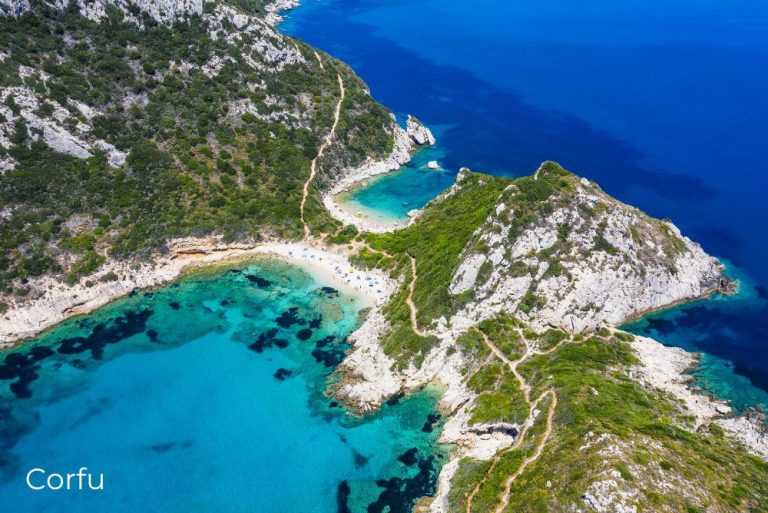
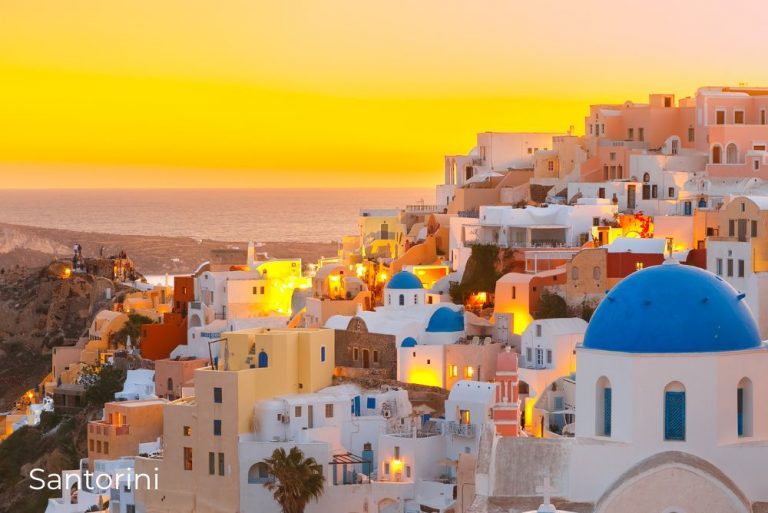
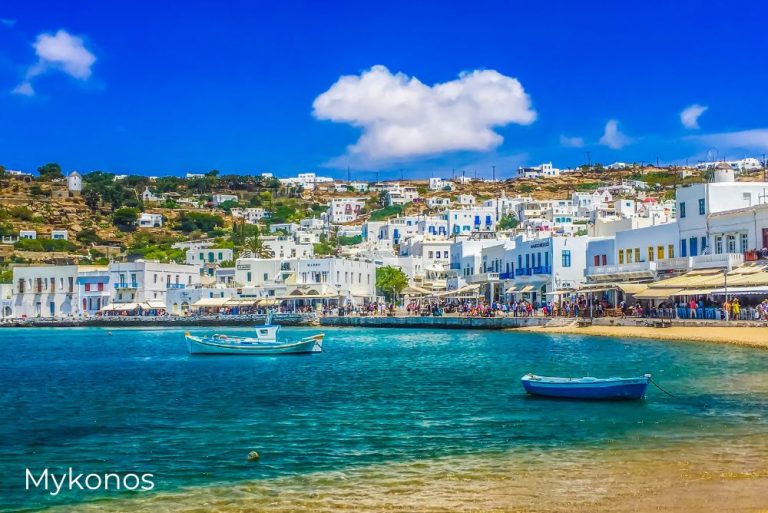
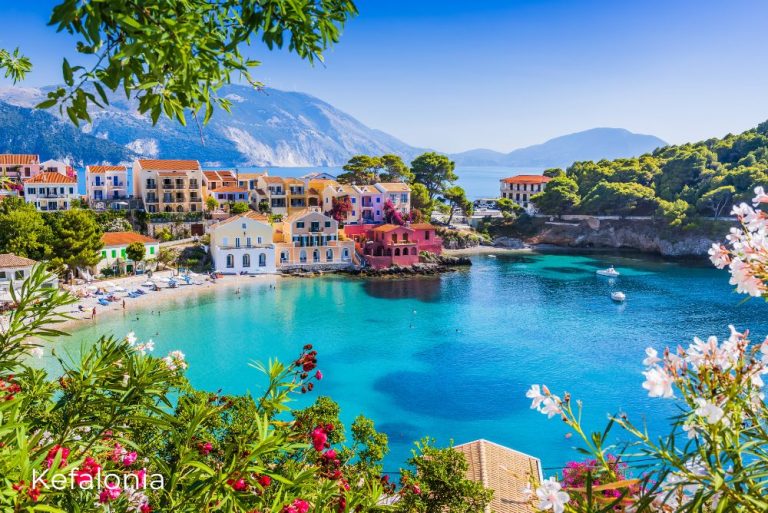
The Greek Islands are stunning and offer a welcome escape from the rush and busyness of daily life including Santorini, Mykonos, Halkidiki, Alonissos, and so many more. We have an incredible range of island hopping tours on offer, which will enable you to explore these wonderlands for yourself while giving back to the causes you care about.
Greece and its islands are famed for their majestic coastlines with hundreds of incredible beaches to explore and savour. With coastlines along the Aegean, Mediterranean and Ionian seas, you’ll have no shortage of opportunities to take a dip in tranquil waters and sunbathe. Greece’s beaches come in a variety of forms. From quiet coves nestled between cliffs with pools of crystal clear water, to energetic mainstream beaches on the party islands, or the iconic black sand beaches of Santorini. Both the mainland and the islands have incredible beaches to experience for yourself.
If you arrive in Greece via Athens you’ll be pleased to know that there are a number of incredible beaches just a short distance away from the city in the Attica region. Just south of the city you’ll find Cape Sounion, with an incredible stretch of golden sand and the nearby ruins of the Temple of Poseidon and Athena to explore. Other nearby beaches include Vouliagmeni, Lagonisi, Glyfada, Schinias, and Nea Makri beach, but be rest assured that all of Greece’s mainland regions have fantastic beaches to explore and enjoy.
On the islands you’ll often find a variety of beach types for all travellers. For example, on the island of Limnos, you’ll find a variety of beaches, from busy tourist hubs, to secluded romantic beaches and hidden natural alcoves. The aforementioned islands of Santorini, Kefalonia, Mykonos, Halkidiki and Alonissos also have stunning beaches made for exploration and relaxation.
Wherever you choose to visit on the mainland or the islands you’re sure to find optimal conditions to relax, unwind and work on your tan. Your worries are sure to melt away as you feel the sand between your toes and the ocean breeze washing over you.





Across its many regions and islands, Greece has a tantalising mixture of different terrain, scenery and ways to explore. You may be familiar with many of the attractions on the mainland including the towering heights of Mount Olympus in Thessaly, Greece’s largest wetland the Messolonghi Lagoon, and its many deep ravines and enticing forests to explore. The jaw-dropping Vikos Gorge is a stunning must-see as the second biggest canyon in the world, proceeded only by the majestic Grand Canyon. Greece’s tilled land is also remarkable including its spectacular vineyards which have long produced the region’s excellent wine.
The Greek Islands also have their share of stunning scenery you won’t find anywhere else. Many of the best spots will be found on the tranquil Ionian Islands including Corfu, Lefkada, Ithaca, and Kefalonia. Corfu is a key standout with incredible weather all year round, stunning natural landscapes and crystal clear waters which are great for swimming in. Lefkada is another island popular with nature lovers. Long beloved by those into sailing and other aquatic sports the island has incredible serene beaches, tranquil waters and lush vegetation.
For those who prefer to explore less charted territory be sure to visit the caves on the island of Serifos. Along with the caves, the island also has incredible untouched landscapes which are sure to provide you with more than a few moments that take your breath away.

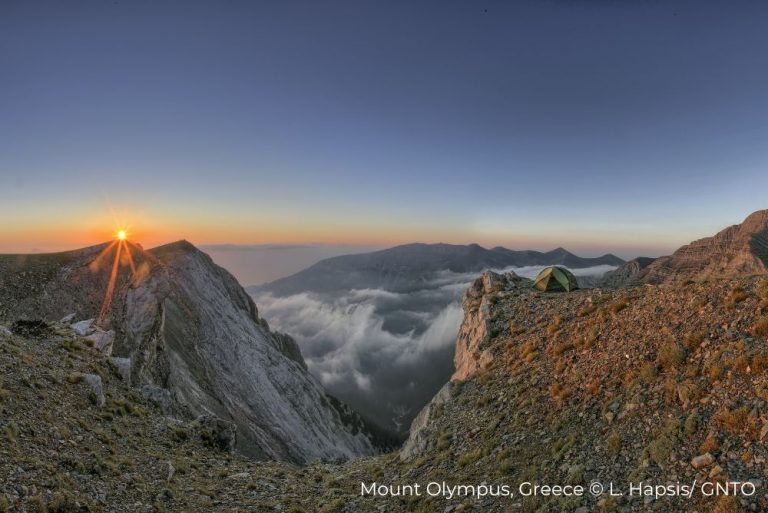
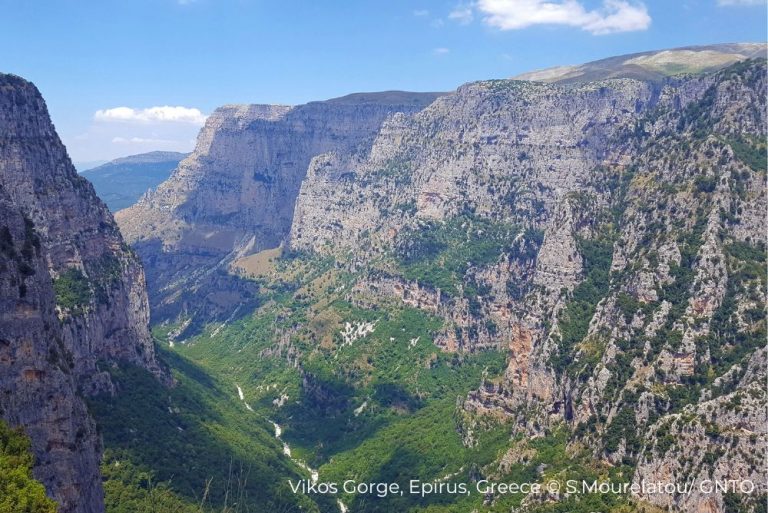



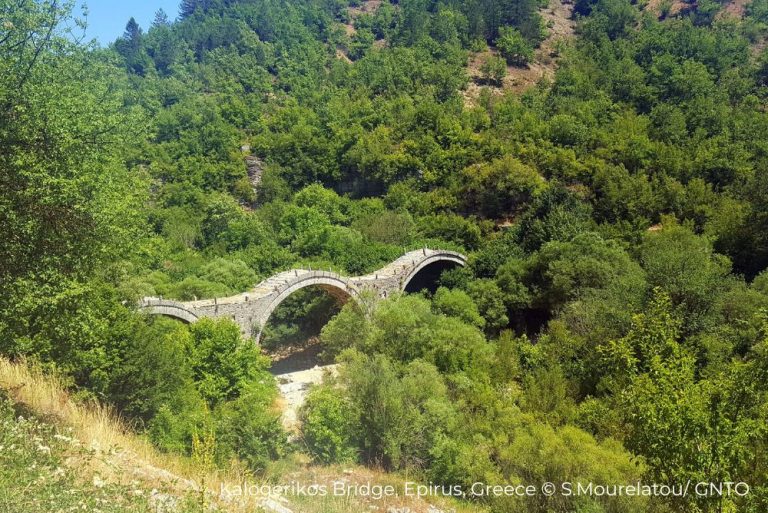
No matter where you are in Greece you’re sure to find incredible history and culture to explore, whether contemporary, ancient Greek or even Byzantine. On the mainland, there are a variety of great regions to explore, but most travellers will probably start in and around Athens. One of the main centres of Ancient Greek civilisation, the city is renowned for its incredible architectural sites. Here you’ll find incredible monuments including the Acropolis and Parthenon, the Temple of Zeus, the Odeon of Herodes Atticus and so much more. Central Greece also has its share of prominent icons including the famed site of Delphi where the Oracle of Apollo resided and helped shape the history and culture of Greece. Another unmissable attraction on the mainland is the Ancient theatre of Epidaurus in the Peloponnese. Built in the 4th century BC, the theatre has hosted ancient religious ceremonies and offers a gorgeous view of the valley below.
From recent history be sure to pay your respects at the Tomb of the Unknown Soldier, built in the 1930s to commemorate Greek soldiers who have died during conflict. Another excellent contemporary cultural site to visit while in Greece are the magnificent ‘Umbrella’s of Thessaloniki’, a modern art installation created by Greek sculptor George Zongolopoulos to celebrate the city of Thessaloniki receiving the European Capital of Culture award in 1997.
Like the mainland, the Greek Islands have a wealth of history and culture to explore with incredible architectural sites, museums and monuments to explore. The Greek Island of Heraklion has long been a cultural melting pot with influences still evident on the island from Venetian, Byzantine and Ottoman culture with sites dotted all around the island. A key stand out on the island is the Minoan Palace of Knossos. The palace was the home of the royal family of the Minoan civilisation which was one of the ancient worlds most powerful, and has also given birth to the famous Greek legends of the Minotaur and Icaurus. Its stunning architecture is sure to be a highlight of your trip.
You’ll also find incredible historical sites and attractions on the island of Santorini including the Akrotiri ruins and a wealth of incredible museums. The ruins are a unique must-visit as they include over 5000 artefacts which have been perfectly preserved following a volcanic eruption on the island. The eruption buried the ruin’s unique architecture and artefacts under a layer of volcanic magma meaning the ruins are one of the best representations available of the Middle to Late Bronze Age. There are also incredible museums on the island including the Museum of Prehistoric Thera, Archaeological Museum of Fira, Museum of Folkloric Art and the Naval Museum to explore at your leisure.
Chania, Crete’s capital city is another must-visit with incredible Venetian architecture and a long historical legacy. The city’s old town is a stunning historical attraction in and of itself and when you’re not exploring the city for yourself be sure to visit the Archaeological Museum of Chania for a more in-depth look into the city’s history.




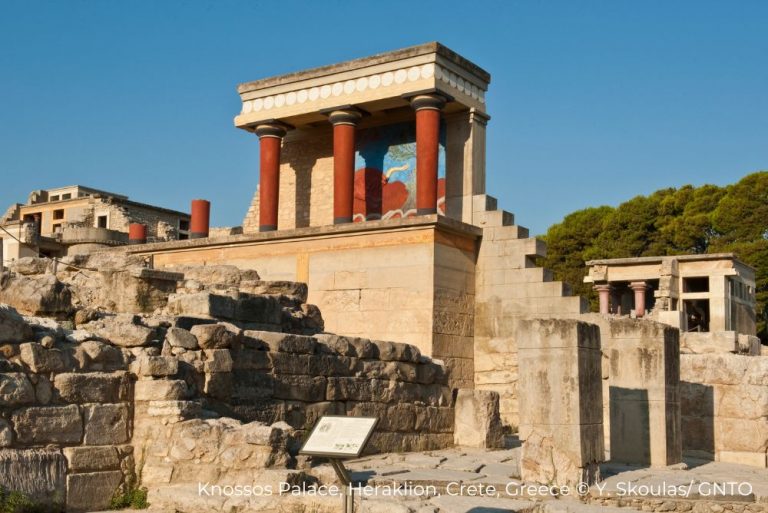


If you’ve got a taste for adventure then Greece and the Greek islands are a must-visit destination. The country’s natural landscapes make it the perfect place to get out and explore and keep active with a variety of land and aquatic activities to indulge in. On land, you’ll find numerous opportunities to explore on foot with a plethora of walking and hiking trails available through magnificent scenery. If you prefer to pair exploration with an adrenaline rush you’ll find plenty of opportunities to climb and ascend peaks and rock faces throughout the mainland and islands.
If you’re keen on hiking then make sure to visit the Samaria Gorge on the island of Crete. The Gorge is in the only national park in Crete, the White Mountains National Park. If you choose to hike the Gorge it will take 6 to 8 hours and require sturdy footwear, however, rest assured at the end you’ll be treated to a rejuvenating swim to reward all of your hard work! Challenges on the mainland include mountaineering on Mount Olympus, horse riding on Mount Pelion, and skiing at some of Greece’s incredible resorts including Parnassos, Mainalo and Kalavryta.
For those who prefer aquatic experiences, there are a huge number of options on the islands and the mainland including sailing, surfing, diving, jet skiing and more. The island of Lefkada is a must-visit for surfers with Vassiliki beach one of the top 10 in the world for surfing due to its high wind speeds. The island is also popular with kite surfers with the nearby beach of Agios Giannis a key destination. If you’re new to the sport or just want to try it out you’ll find multiple schools catering for beginners.
On the mainland, you’ll also find plenty of opportunities to take part in aquatic sports including rafting through Vikos Gorge on the Voidomatis River. Another option to consider is canoeing and kayaking along the length of the Pineios River which ends in the Aegean Sea. Along the way, you’ll be enchanted by incredible scenery and diverse wildlife which will astonish you. You’ll also find opportunities to take to the open waters all along the coastlines of the mainland, just like on the islands.
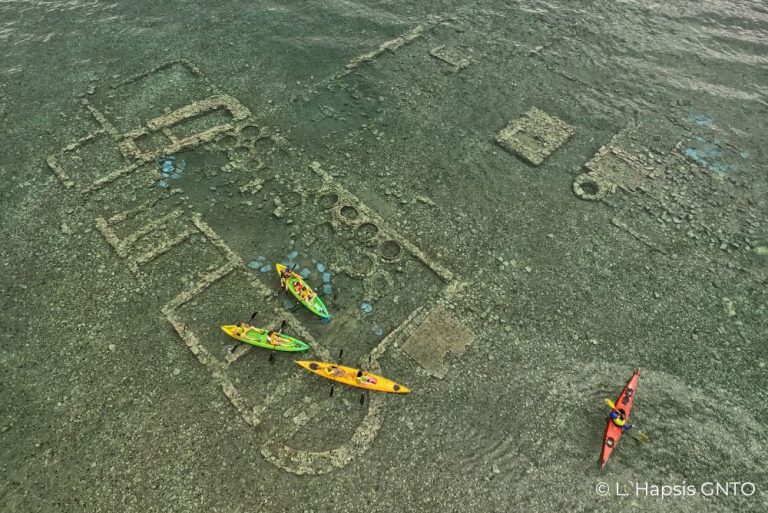
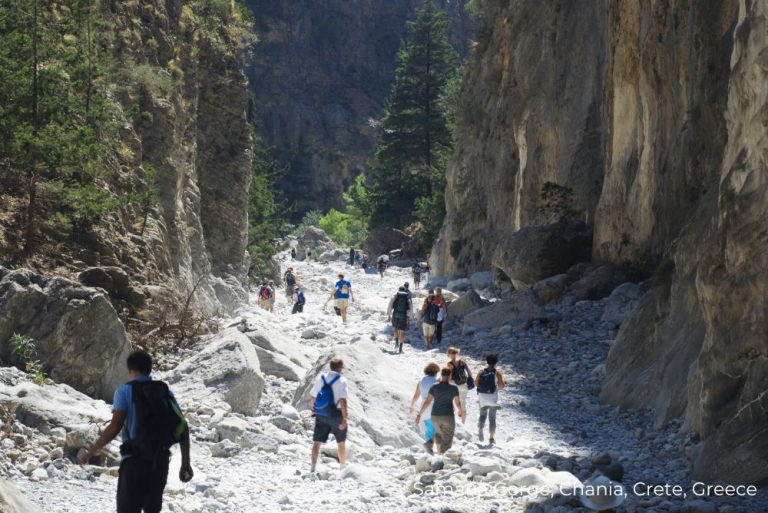


In Greece, you’ll find a multitude of ways to relax, unwind and recharge with a therapeutic legacy stretching all the way back to the time of the Ancient Greeks. Many therapies have survived and have been incorporated into current wellness practices including over 800 medicinal spas, springs known to treat various ailments and conditions, Thalassotherapy, and the healthy traditional Greek diet. Greece’s mild climate has also long been seen as having rejuvenating benefits with many travellers since the 19th century journeying to the nation to seek healing and calm.
If you’re looking to experience the healing powers of thermal springs for yourself then the North Aegean island of Ikaria is a must-visit as the springs are famed for the composition of healing chemicals and minerals. On the mainland be sure to visit the Greek city of Edipsos. This city was named in the works of Aristotle and its thermal springs have long been visited to help aid relaxation and recovery, including by the emperors Marcus Aurelius and Hadrian.
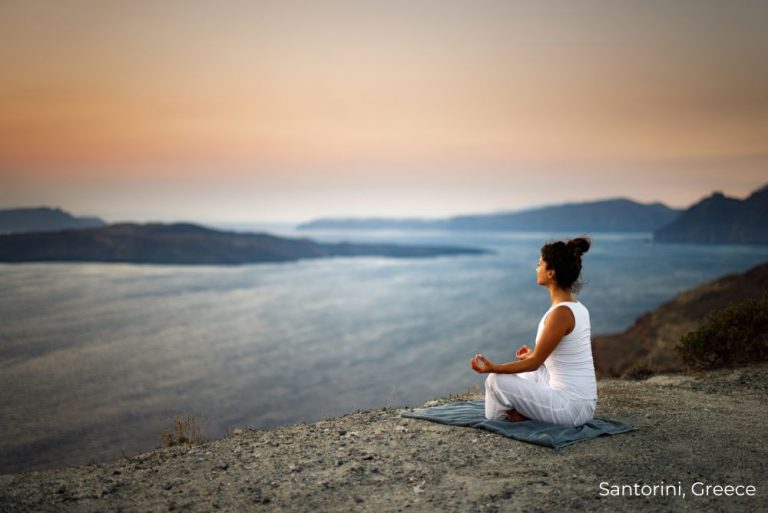

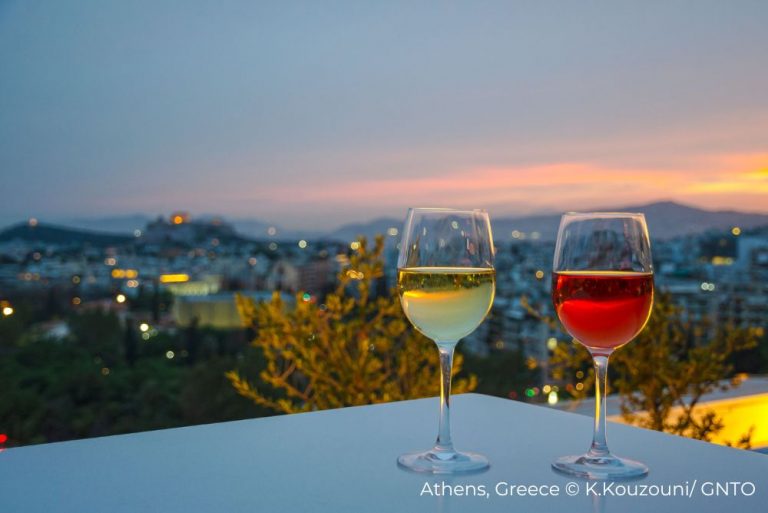
Consider supporting our charity partner Conservation Collective and their Monkseal project when you book your holiday to Greece. The Conservation Collective is a network of local philanthropic foundations focused on protecting, preserving and restoring the natural environment.
Hosted by Bec Miles, editor of Charitable Traveller Magazine, Charitable Travel’s Travel Insider Podcast lets you in on Travel’s best-kept secrets, hidden gems, and unforgettable experiences. Discover the beautiful Greek islands in this episode, as we speak to Eleni Skarveli, Director of the Greek National Tourism Organisation, Anni Mitropoulou of the Cyclades Preservation Fund and Victoria Turner of the Ionian Environment Foundation.
Learn about initiatives in place to preserve these beautiful islands so we can enjoy them for years to come, and be inspired by the wonderful natural offering that the islands present to tourists.
Rebecca Miles: Hello and welcome to Charitable Travel’s Travel Insider podcast. My name’s Rebecca Miles, and I’m a travel journalist and the host of this podcast series that’s otherwise known as TIPs. Today we aim to not just give you lots of great travel tips, but we also want to transport you from wherever you are right now.
Perhaps you’re walking through the park or maybe you’re squashed into a crowded commuter train, to a place that will inspire you. Today we’re travelling to the Greek islands and in particular the Ionian and the Cyclades Islands. The Ionian Islands are to the west of mainland Greece and are where you’ll find among those Corfu, Paxos, Zakynthos and Kefalonia.
The Cyclades are in the Aegean Sea and are under the southeast of mainland Greece. Home to many tiny islands, some of the most well-known are Mykonos, Naxos and Santorini. Idyllic Mediterranean Islands known for their white sandy beaches, warm hospitality, and ancient history, they are justifiably popular holiday destinations.
But behind the beautiful Instagram sunset pictures, there’s another side to the islands that we want to uncover, and that is to talk about all the incredible conservation work that local charities are doing. So joining us today are Annie Mitropoulou from the Cyclades Preservation Fund, and Victoria Turner from the Ionian Environment Foundation, as well as Eleni Skarveli from the Greek National Tourism Organization.
So let’s hand things over to these three and hear more about life on the islands and the conservation efforts that are underway to protect and nourish these islands for future generations.
So thanks so much for joining us, Anni, Victoria, and Eleni. Anni, let’s start with you. Set the scene for us please, tell us where are you based,
Anni Mitropoulou: First of all, thank you for inviting us, Bec, it’s a real pleasure and honour joining this Charitable Travel’s Insider Podcast.
As a representative of the Cyclades Preservation, where am I based? Well, I used to live with family in Athens the capital of Greece, but during the pandemic, we decided to offer ourselves some quality of life, and we moved to the island of Naxos in the centre of the, of the Cyclades, in the heart of the Aegean sea. So I’m honoured to say that I’m now a real islander, you know, living the real experience of the Cyclades, which is amazing.
I would like to say not only in the summer, but also during autumn, spring and even during the winter. Imagine, we saw snow last year on the mountains! As the CPF is not only me, my colleagues are also based on some of the islands, on on Syros, on Naxos, on Santorini at the moment.
So we’re between Athens and all these beautiful places.
Rebecca Miles: Oh, you lucky thing. Victoria, tell us where are you joining us from and where’s your organization based?
Victoria Turner: Yes, hello. I’m a member of, well, the director of Ionian Environment Foundation, and I’m based in Paxos, which is a very small island, about 10 kilometres long, and about an hours hydrofoil away from Corfu Island.
It’s a beautiful, precious, and picturesque island. My home has been there for about 40 years. It, it’s a, a very romantic story about how that entered into my life. But consequently, to cut a very long story short, I have a home and a lovely, dynamic Greek family there so I’m very much part of that island.
But that said, the Ioninan Environment Foundation represents all of the Ionian islands, and as such, I guess you couldn’t really say it has a single base. We’ve, supported projects in Corfu and Zakynthos, Kefalonia, Lefkada, Ithaca… so you could say we’re based everywhere, but my place of preference because of my personal ties is, has to be Paxos.
Rebecca Miles: Beautiful. Yes. Annie, tell us more about the Cyclades Preservation Fund. What, what do you do?
Anni Mitropoulou: Wow. Yeah. Thank you. We do a lot of nice things. Actually, a lot of friends of mine say that they’re jealous of mine somehow because I have this dream job and I really feel lucky because this, the CPF gives me the opportunity to be in contact with such a beautiful place and such beautiful people.
So what is the Cyclades preservation fund? The CPF is a Greek registered not-for-profit association, which was set up to support sustainable initiatives and promote the preservation of the exceptional, breath-taking, I would say, beauty and the natural value of course of, of the Cyclades Islands.
So what we do is we try to raise funds locally and internationally from both, I would say, people and businesses and other organizations that care and rely on the Cycladic Islands wellbeing and future. And we ensure that these funds are directed appropriately to local effective and sustainable initiatives and organizations which have a measurable impact on land and at sea.
Let me just say that we are members of a global family, which is called The Conservation Collective, which is a global network of local philanthropic funds focused on protecting, preserving, and restoring the natural environment. And from our end, in the five years that we have been operating in the Cyclades, we have invested more than 400,000 euros in more than 65 environmental initiatives and collaboration with more than, I think 40 or more local partners in 20 islands of the Cyclades.
Rebecca Miles: Wow. So that’s a huge reach you’ve got covering all the islands. Getting involved really in the Grass roots?
Anni Mitropoulou: That’s exactly what we’re doing. We try to be as hands on as possible. We offer capacity and expertise where needed. And actually this is exactly the heart of the CPF. The fact that there are guiding principle is as bottom up as possible.
This bottom up approach that makes us somehow listen to and help the people of the Cyclades islands with initiatives that they themselves are starting because this is exactly what makes a difference. We’re not here to set the agenda, but we are providing support and guidance for conservation projects that the local communities have embraced.
I think this is exactly what makes the CPF different.
Rebecca Miles: Can you give me some examples of those specific projects?
Anni Mitropoulou: Absolutely. As I mentioned, there are more than 60 projects at the moment. So the main focus, I would say goes on, biodiversity and wildlife cause we are so lucky. And so to have such a beautiful and, and, and, and reach, uh, biodiversity, for example.
There are associations and initiatives working for protection and rehabilitation of wild animals. We have, um, sea turtles or dolphins or even this rare Mediterranean, monk seals that I’m sure that our visitors coming to the Atlantic Islands have seen during their sailing trips. We are protecting these animals by providing measures and capacity to the people on the ground to have the means to do so.
We work a lot with schools in the Cyclades. We run a lot of environmental education programs, either they have to do with the plastic use or they have to do with the local flora. We are creating botanical gardens and we are installing composting systems within schools for the new generation to get more familiar with the right waste management.
We are running campaigns to reduce single use plastic, or we’re working a lot with fishermen for them to do their best in order. Protect our seas, for example, by promoting fishing trips where in this case you see the fishermen can fish less. So put less pressure to the fish stocks, but at the same time earn more money.
And what’s the best is that we have super happy visitors experiencing the real, you know, like life of a fisherman and tasting this local fish. You know? Too many examples, I would say, where we target different locals and local groups. Either we, we will be working with, with fishermen or the schools or local entities, or even the women’s associations.
Rebecca Miles: This just sounds win-win for everyone involved. Tell me though, why are the Cyclades so important to you? What drew you them to you? What drew you to them?
Anni Mitropoulou: Yeah, well, apart from the fact that I’m married to an Islander, so the connection is obvious right now, and my family lives there, right? No, seriously, I genuinely believe that in this old saying that nature isn’t just a place to visit, that nature is home. And I think that, especially with the pandemic, but even, even apart from that, you know, like more and more we, we all find ourselves detached from nature. It’s like turning your back on your own elders, you know?
So we miss out on a lot of important life lessons. So I think that I’m privileged to have been reunited with, with nature during these, you know, like five years when I moved to Naxos, and especially the last three years when I moved to Naxos and mainly experiencing everything natural that the Cyclades have to offer.
Thanks to the CPF and the milestones we celebrated on the ground and the people, these local heroes, you know, all these, all these people who struggle, I would say right quietly to make sure that they will preserve their land. The sea of the Cyclades. So I’m really privileged because the Cyclades for me is now important, not only cause of its nature, but also cause of, of the people that I’ve met, all these partners we have, and this beautiful relations of, of trust that we have built all this previous years.
Rebecca Miles: Fabulous. Let’s turn to you Victoria. What does the Ionian Environment Foundation do?
Victoria Turner: Very similar setup to the Cyclades Preservation Fund in that we obviously are, are one of the Conservation Collective foundations. We essentially work very hard to raise funds initially from, from an array of businesses, individuals, philanthropists that care for this environment. And, and then as Anni explained, we, we seek out action groups or scientists, conservationists on the ground at a local level in the Ionia region, who need those funds. They need those funds to, to deliver worthwhile and impactful projects.
And what we aim to do is to allow our funds to really turbocharge those actions into good results and sustainable results. We often also work with, with other NGOs to group support such projects in order to make sure that that the relevant expertise and relevant fields of marine conservation, for example, are as best as they can be.
And we then very often work collaboratively to build a project that is, as I said, as impactful as possible with the main. Being to change mindsets and attitudes, both locally and arguably nationally, if we can never reach policy level about the importance of protecting these really pressure beautiful islands that we all love so much.
So essentially in that respect, I would say that what a lot of what we do is in a capacity building and, and a supporting. Other than just financial injections, we really try to build the best projects possible. It’s a huge part of, of what we do.
Rebecca Miles: And it sounds like there’s a real long term nature to your projects and having that vision to be thinking not just five, 10 years ahead, but way, way into the future. Is that right?
Victoria Turner: Exactly, because often small action groups or concerned environments lists locally will come to us with a problem. They’ll say, this beach is covered in litter. What can we do about it? Or, this farm fish farm is polluting. What can we do about it? We want it to be cleaned. We will always work hard to build a project that thinks about what?
What can we do to address this problem? But what can we do to address the cause? Only then will you really have a long term and an impactful project.
Rebecca Miles: And tell me, um, what attracted you to the Ionian Islands? I want to hear more about this romantic story from 40 years ago…
Victoria Turner: Well, what, what, what attracts anyone to the Ionian islands?
I mean, they are, they have this beautiful dynamic landscape. The mountains, the seed, the olive grows. Kofu and Paxos in particular have a very dramatic coastline. With the Venetian town tumbling down towards the water, it combines a lot of pleasures for the eye and the minds and the soul in my mind, obviously also the charm of the people and the easy-going laid back case of life.
These are all things that attracted me here. But I suppose what kept me here and what keeps me here, and as Anni said, what is such a privilege to be working here with is this deep desire and, and now ability to help protect these incredibly precious landscapes. And also to promote this awareness about, about their fragility, because if they’re lost to overdevelopment or, or overfishing or obliterated by the growing amount of, of waste, for example, who will come.
So it, it really does feel like a privilege to be here and, and be working with these projects during covid, during lockdown, for pretty much the whole of that year. And a bit like Anni said, it was, it was really then that you really reassessed what was important and how precious this environment was because all of a sudden on Paxos, there were no people, there were no planes flying over, there were no tourist boats, and the islands became pristine within a matter of months.
It was, it was really incredible how quickly the environment changed for the better. And I would, I would go on these, these stunning runs along the west coast of Paxos and look out to sea, and it was then that I spotted, a good hundred metres below me, the monk seal swimming. And as Anni said, these are a really endangered species, uh, most of which are found in the Iron Islands now, and part form, part of the projects that we, we work with to, to, to promote their conservation. But it was really that, that triggered me into thinking we have to do all that we can to ensure that this pristine environment is protected.
Because during the high season periods with crowded tourist folks crushing into those caves, they disturb the monk seals and they disappear, or they, they can’t even breed effectively. So a number of things really that, that make me feel excited about this role. And there’s much to do and I’m, and I’m thrilled if we can engage the tourist industry as far as possible with protecting the environment that they come to see.
Rebecca Miles: Eleni – turning to you, it sounds like Greece is really taking the lead on some strong conservation initiatives from improving this sustainability and waste management to wildlife rehabilitation. What’s the thinking behind of all of this?
Eleni Skarveli: Well, I feel very proud for all the initiatives that Anni and Victoria mentioned. And they’re doing an amazing job. I have to say. I also learn along, this is of course an ongoing work, but the most important thing is that we have started as a country, our sustainable journey, and this is what we are doing actually today. We, we want your help to start it out, and it’s of course it’s a great opportunity for Greece to show that we’re not just a sexy girl, you know, just a beautiful sea and sun destination – we’re more than that.
With a safe and sustainable choice for travellers, especially let’s say for the travellers that they’re looking more than just relaxation. They’re, they’re thinking more the choice of, of holidays. And actually Visit Greece are launching a new platform, Sustainable Greece, where we will do exactly that. We will be showcasing all the great sustainable activities that are happen in Greece or there will be happening in the future. And, actually one of those, many of those, they, they’re one of the ones that Anni and Victoria are having in the programs.
But the one that I have to say that I liked most and I find it very funny, is that Pick the Alien Initiative!
Rebecca Miles: Sorry, Pick the Alien?
Eleni Skarveli: Exactly, yes. Well, the girls, they could definitely say more about it. What it comes down to it is that we have a lot of alien fishes coming to the, to, to the Greek sea the last few years.
So we want to educate the people to, to learn about it and, and eat them because they’re edible aliens not, not aliens that we don’t want them. Um, so in order to do that, you have to educate the fishermen. They’re doing an excellent work. And they also do that with a, with a restaurant. So what I like it more is that the tourists themselves can really learn about it and they can be part of that sustainable journey.
Rebecca Miles: That’s really important. That’s something I wanted to talk to you both Anni and Victoria about. Um, Anni, let’s go to you first. How can visitors and holiday makers get involved in the work? Is it possible?
Anni Mitropoulou: Absolutely. Apart from, uh, taking part in the pick the alien campaign with, you know, like their fork, you know, like they can really fight back to these alien marine, alien species, which are not that friendly after all, but they’re tasty, which is fantastic.
As I explained, there are truly many ways that the visitors in our islands can be really supportive and I could say, you know, like that’s every visitor should always keep in mind that there are limited resources. There are, that there is a lot of pressure on the natural resources.
So, of course, number one rule, we try to minimize, of course, ecological footprint, right by, by following simple things. We can refill our water bottles. We don’t buy new plastic bottles. We try to recycle as much as possible. We try to reduce the use of single use plastics. We try to save water to minimize the energy consumption.
I think these are the basic things that each of us should do anyway as a citizens, not only as a visitor to, to a new place, but especially on the islands. Where you understand the pressure. If you do something, it’s going to be a win for all. But apart from this basic and simple advices that one should have in mind all the time, there are more practical ways where people can be really engaged and involved.
And I would say, number one, if you visit a place, try to identify who are the environmental associations, the local players on the ground on that island, and play a role by doing something actively. This can be something very simple like organizing, you know, like clean-up events. You just go and, uh, join a clean-up event, or you may join some efforts that a lot of our partners are doing to maintain and protect the ancient walkways for hiking.
Or you may look for more active partners. In Paxos especially, we have a hospital which is called the Greece Wildlife Protection hospital. Could you even imagine that in that popular island, you can go and really give a hands to a hospital that saves lives and that releases rehabilitated animals around 500 or 600 injured animals, you know, back to their natural environment, how beautiful this can be as an experience for someone. So just to make the long story short, I would say that there are a lot of opportunities. Some of them have been already included in one initiative that the CPF has kicked off, which is called uh, the Green Volunteers. So you can become all green volunteers either in the Cyclades or in the Ionian or elsewhere.
And this means a lot. By becoming a green volunteer, as we say, people may experience new perspectives. They may, they may experience new ways of operating, while engaging in, in mutually beneficial learning exchanges with the hosting communities, people who can discover the deeper environmental problems that exist in an area, in a region, in an island.
And at the same time, our visitors may, may learn more about the history and the unique culture, but if you join and, and experience along with the local community and the local partners we have on the ground, you can really understand how it looks like to be an islander on the Greek islands.
So there are so many things that one could do, either that just supporting even with the financial support, you know, like either to the CPF or directly to one of the local organizations that are working on the ground or make a further. You know, be more hands on, you know, get involved in, in specific activities that are organized either during the summer, but I think even better in the springtime or in the autumn, when the high season is not that, you know, like challenging and crazy!
Rebecca Miles: Yes, definitely. And how about you Victoria? What are the opportunities for holiday makers to make a difference while they’re on holiday?
Victoria Turner: Yeah, many, many things. Like Annie said, the, the main thing that I think visitors can do is just to arrive with a consciousness about what environment they’re coming into.
It’s a different environment to where they’re coming from. It’s an environment that has water shortages. It’s an environment that, that when they’re on a small island, for example, that might struggle with things like waste management. So make sure. That understanding of the context into which you are visiting informs the way that you behave.
Don’t, for example, brush your teeth with a tap running for five minutes. There is not the water on these small islands to cope with that. Don’t insist that you want to sleep with a duvet they so that you have the air conditioning on full just so that you can sleep with a duvet like you do at home, you know, turn it off – it uses vast amounts of energy and sleep with a sheet.
And in addition, small actions, like when you go into bars and cafes, and if they put a plastic bottle on your table, just say to them politely, I don’t want the plastic bottle, thank you. I don’t want the plastic straw. Same in shops. When they give you a plastic bag, just say, I have my own bag thank you.
I, I think that leading by example is a really key thing, you know? Like I said before, changing mindsets and habits and attitudes towards the environment is, is key, and that’s a part that we can all play. This is something I noticed particularly. In addition, I think that tourists can be responsible about the, the holiday company they choose.
You know, look, look at the website and think what is that company doing to invest in or protect the environment that they are essentially making their money from? I think should people be looking for, You know, in this current age, I think that most websites for a holiday company should have some sort of environmental credentials.
And it might be in the form of a blog. It might be in, in the form of a partnership with environmental organization. It would be on their websites, and if it’s not, you could always ask. The responsible of activists and ask, what is your organization doing to protect these environments that we visit? I mean, there’s a sort of slightly self-promotional thing for the Ionian Environment Foundation as we just established a Villa Alliance where we have six, upward of six, quite big villa companies operating in the Ionian Islands that are signing up with us in order to promote and share our projects and explain that the, the fragility of the environment in the I region and, and offer examples of how villas can actually adjust the way that they operate to tread more lightly on the environment.
That’s one example. We offer a toolkit if you like, and information events where we give advice about how to install rated showers to reduce water consumption or how to, uh, you know, separate your waste more effectively or equipment for composting. So all of these things that are obviously important for bigger companies to realize that your clients, your tourists, they want to see these changes are happening. They are discerning environmentally more and more. So I think it’s important for the visitors to, to research before they choose their, their holiday options and make sure that there’s some responsibility there from the organization.
Rebecca Miles: They do choose definitely, and they’re all such relatively simple changes, aren’t they?
Victoria Turner: And you know, it’s nothing too taxing. Exactly, and again, this idea of leading by example and just changing habits that the, the villas for example, if, if the villas are beginning to make these changes and then, you know, you’ve got a whole infrastructure of people working around those villas. You’ve got gardeners and cleaners and housekeepers and people that maintain the pools.
And if they see that these changes are important and are happening and are actually quite straightforward. That they’ll start feeding that down into the local community and, and their domestic homes and their way that they.
Rebecca Miles: So, so important. Definitely. Well, we should sadly start to wrap this up, but before we do, I’d like to ask you all about how you would spend your Dream Day on, in, around the Greek Islands.
We haven’t heard much from you, Eleni, so let’s start with you. Please. You know, say you’ve got a friend visiting or you’ve just got, yeah, you’ve got a rare day to yourself where you have no ties on your time at all, where would you go? What would you do?
Eleni Skarveli: Well my origins are from two small islands in, so I’m an islander myself.
And I think to be honest, that changed you also as a personality. So my choice, it will be definitely swimming . Maybe also sailing. So if I had to spare a day, I will start my sailing trip from Kos Island, which is directly connected, of course, with the most airports in Europe and sail up of course all the beautiful small islands on the way, which is so easy to go. And because the most important thing is that you have distances that they’re no more than one and two hours. So you can definitely do a lot island helping within one day. And even if you don’t like sailing, you will definitely enjoy it in Greece.
Rebecca Miles: What would you be wanting to eat while you’re on this day? We haven’t really touched much on food, which is always such an important part of wherever you visit, where, what would you be eating? What would you be seeking out?
Eleni Skarveli: Well, yeah, home cooking is always, of course, the best. And I know that a lot of people have the, the classic ideas about the, the great, cuisine, like moussaka or maybe the Greek salad or even calamari when we’re talking about seafood.
But for me, I would say, It’s definitely the fresh fish that you can find in, in most of the islands. Now It’s simple, you know, with just a virgin, Greek olive oil and some lemon just, just freshness and a real tomato that it will definitely be the top combination.
Rebecca Miles: Delicious definitely. Um, Victoria, how about you? How would you spend your ideal day in the Greek island
Victoria Turner: Oh, I have so many, uh, varieties of an ideal day. Okay. So I would wake up super early, of course, when it’s still cool and, and before the cicadas start chirping that, that’s a good sort of test as to what’s early in Paxos -have the cicadas started yet? No. Okay, great. It’s still, it’s still early. I would then walk down to the village and go to the bakery when everything is fresh out of the oven and warm and yeah, delicious. I’d buy a spinach pie. These are my favourite with feta and spinach and crunchy pastry.
And I would probably sit in the cafe, because at that time, at around half eight, nine in the morning, it’s, it’s just all the old ladies and the fishermen, the people that are best at gossiping. And I will sit and, and chat with them while I eat my spinach pie and have a fresh orange juice and that’s a lovely way to, to start the day and watch the world go by wee bit.
And then the water, of course, like Eleni said, it’s why would you not want to be in the water? So I’d probably hike over to the West Coast like I said before, it’s just so dramatic and beautiful. There are some cliffs that you can jump from into the. And actually these are, are limestone cliffs and if it’s, if it’s rained, you know, previously, or you can dig deep into the cracks of these cliffs, you can pull out this amazing clay, which you can then smother all over yourself and it, it acts like a natural sun cream and a body mask. And so you then lie on the rocks and let that bake on you until you can’t move or smile and, and you feel frozen like a rock.
And then, I would leap off the cliff into the water and exfoliate it all off in that beautiful, pristine water. And, and then you come out feeling so silky soft and your hair is, is all like, it’s been deeply conditioned and you, you just feel fabulous. So that’s my sort of swim activity. It’s uh, and then in the evening I might sit in one of my favourite tavernas and just, I love sitting in the bustling village squares and watching the world go by maybe with some bouzouki music. And before you know it, it’s three in the morning. It’s just heaven.
Rebecca Miles: And you have made the most of those 24 hours. That’s great. Um, how about you Anni?
Anni Mitropoulou: Yeah, the description by Victoria was magnific, but obviously this is a fit person, right? Just to say about food, anything local in season. I mean, you know, you just get advice from the local people and they know what to recommend. So, either fish or meat or vegetables, and as we said, olive oil and, you know, like it’s, it’s just, you know, there is such a quality and variety of this, uh, greek cuisine and Mediterranean cuisine in general.
So, oh my God. And then, yeah, I mean, like, my personal taste would take me somehow to the mountains. I would prefer to walk around. I would prefer to hike and check out all this beautiful nature, sometimes underestimated because everyone says, oh, it’s rocky here, but it’s, it’s the forest of the Cyclades, all this green that you see. If you imagine how hard it is for this, uh, local flora to survive, you know, or if you can, Take a look at these dry stones, the old dry stones, you know, which are very visible in on all the islands, at least, you know, and you can understand how much effort all these people have put in the past to create all these.
I mean, it’s, it’s a beauty. It’s, iit’s a real museum of, of life and of history, the nature. And of course I would, I would end my day with some sailing, you know, for the sunset. And now here a good opportunity for a new lesson. Please be careful when you are sailing. You know, we need to protect our poon medals, which is this fantastic Mediterranean plant.
We run campaigns in the Cyclades and the Ionian, you know, we try to protect it mainly from anchoring cause there are so many people who, who come to visit our islands and they don’t realize, they don’t know, they don’t have the knowledge. And because of the fact that it’s uncontrolled in these areas, you know, there are no law protecting, uh, at the moment, you know.
We need to be super careful and responsible as visitors. So that’s the last advice from my end, you know, on how we can become so easy, uh, responsible and at the same time as, as visitors. And at the same time, uh, enjoy all this, all this beauty, all this, all this, all this beauty of the nature, either on the land or on the sea.
There are so many things to see and to, and to join.
Rebecca Miles: Definitely, just on that practical note, you’re talking about protecting the protecting the seagrass. Where would, where can people find out information about knowing where to anchor and where not to anchor?
Anni Mitropoulou: Both on our websites, I guess, you know, on the Ionian Environment Foundation website and at the CPF, we’re currently running a campaign, which is called the CPF Alert, where we’re trying to map all the, let’s say seagrass.
And we try to work with port authorities in order for them to start controlling somehow the situation. And, um, we try to raise awareness also to all these keepers and you know, like, uh, owners who don’t know, you know, they really don’t want to hurt the seagrass, but since there is not enough information, we try to create this data for them to make sure that they won’t harm the seagrass when they visit our island.
Brilliant. Ah, thank you. Thank you, Anni. Thank you, Victoria. Thank you, Eleni, for joining us today. It’s been brilliant to talk to you all. To find out more and to book your next holiday to the Greek Islands, visit charitable.travel/greece.
If you enjoyed this episode, click the links below to rate, follow, subscribe and join us as we visit other destinations!
Book a holiday to Greece with Charitable Travel and donate 5% of your holiday price to the charity of your choice for free! Speak to our expert travel agents today to plan your perfect break.
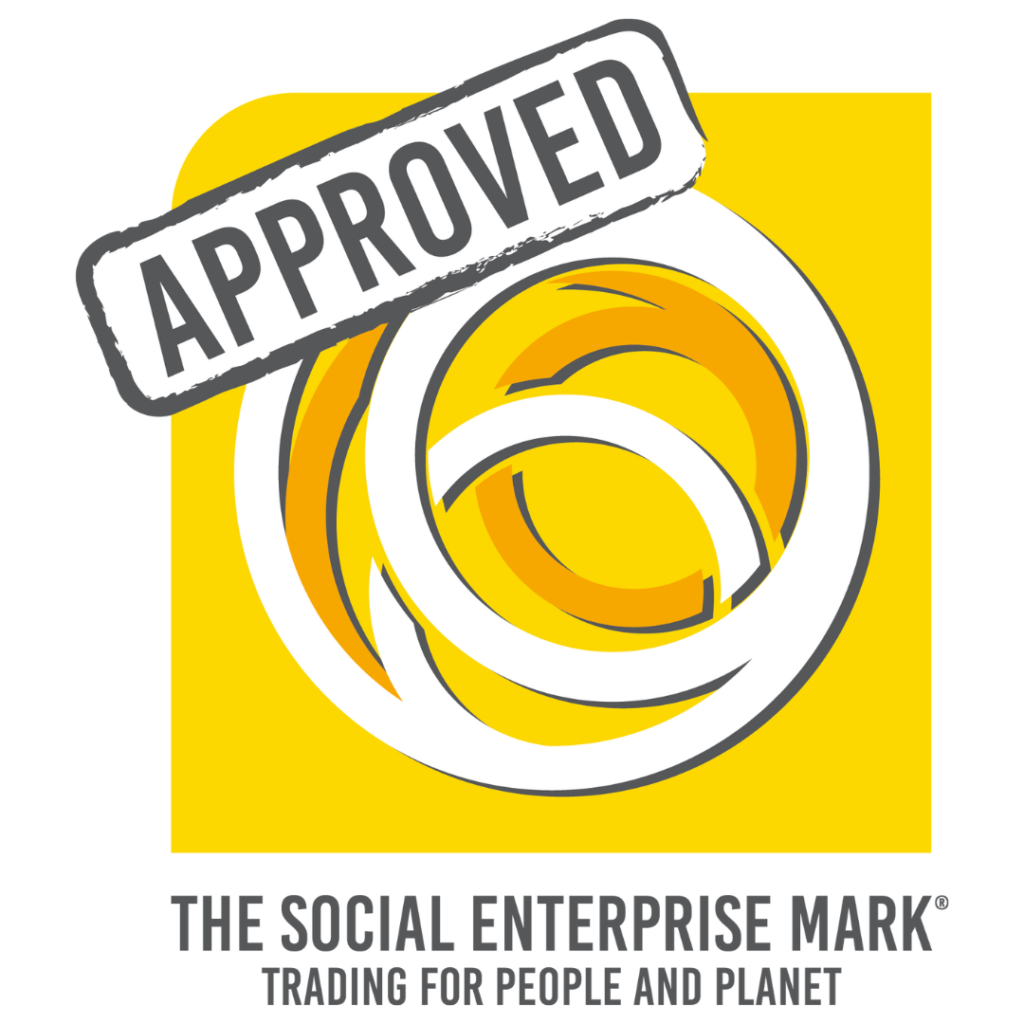
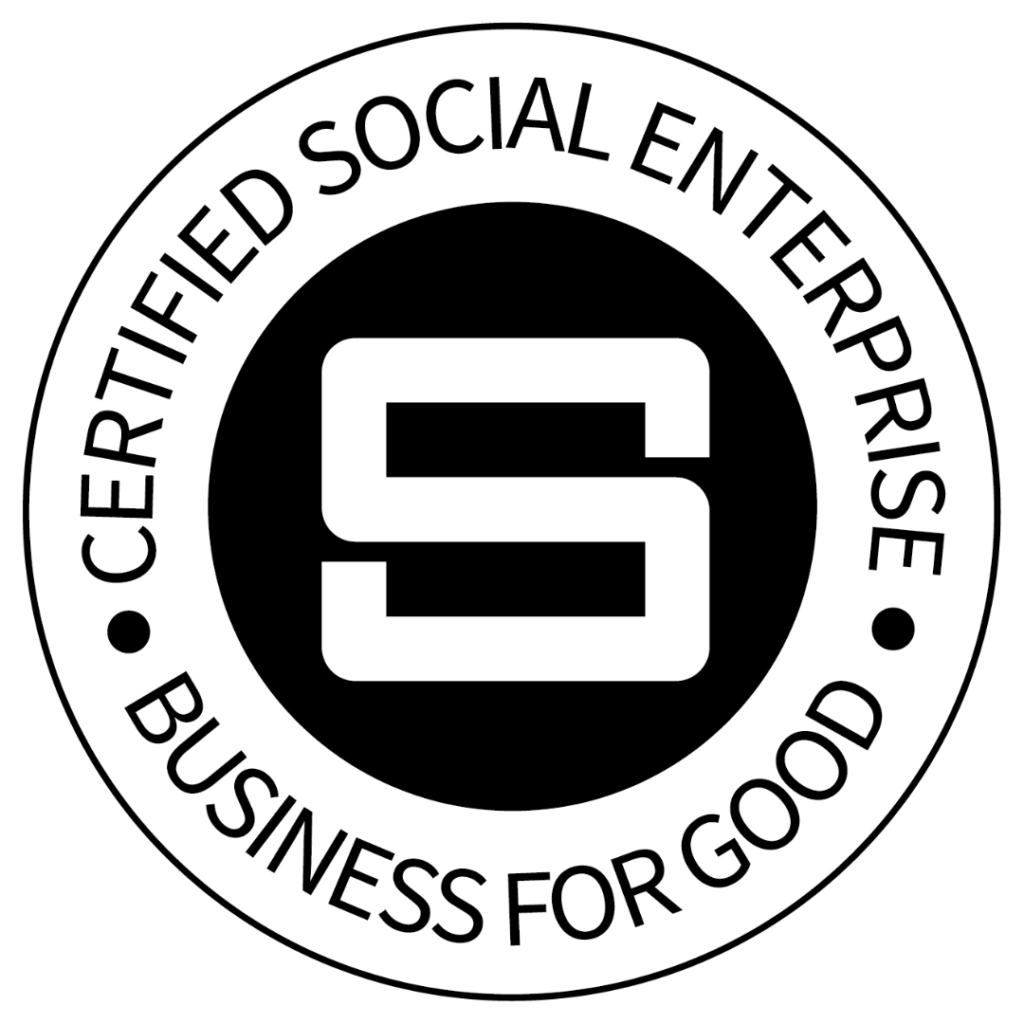

Fundraising Futures Community Interest Company, Contingent Works, Broadway Buildings,
Elmfield Road, Bromley, Kent,
BR1 1LW. England
Putting our profit to work supporting the work of charitable causes

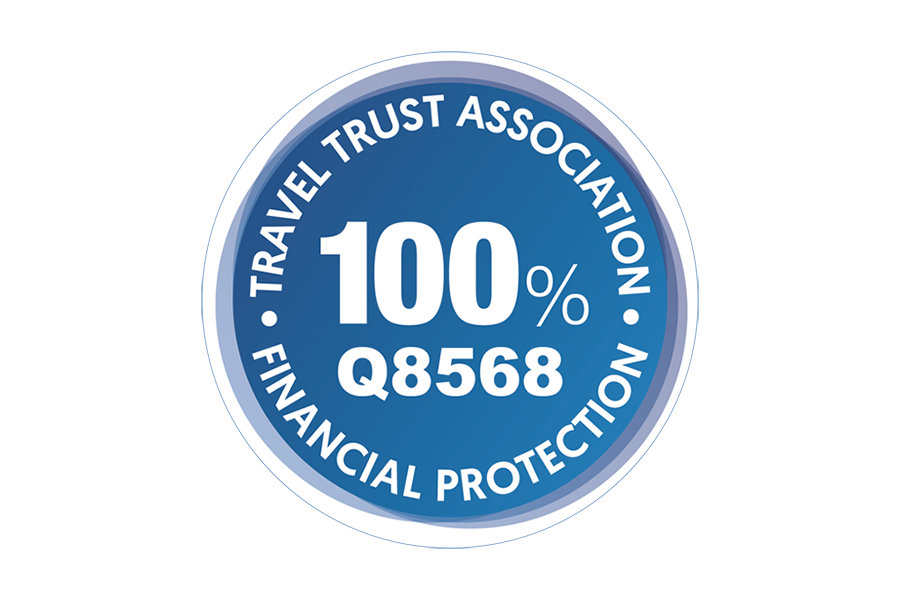
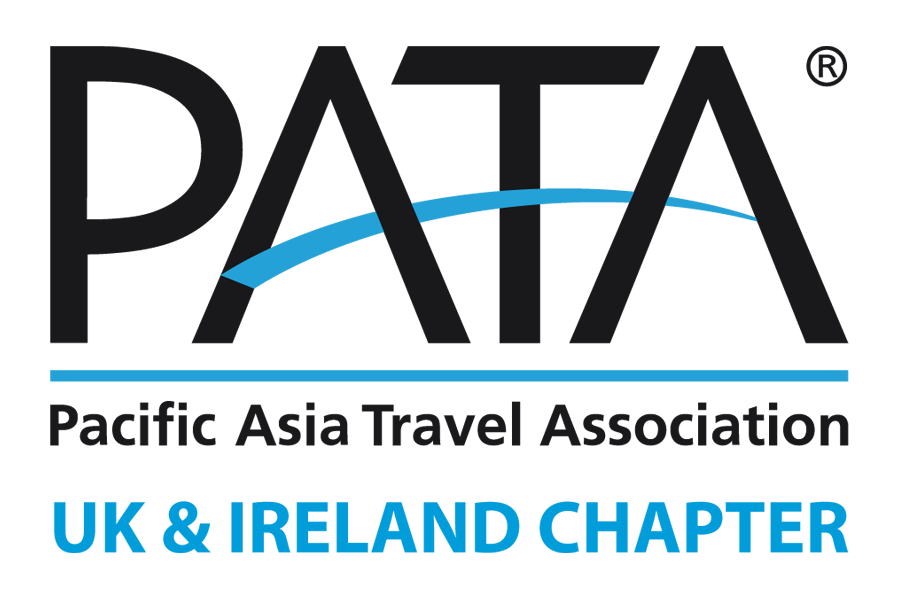
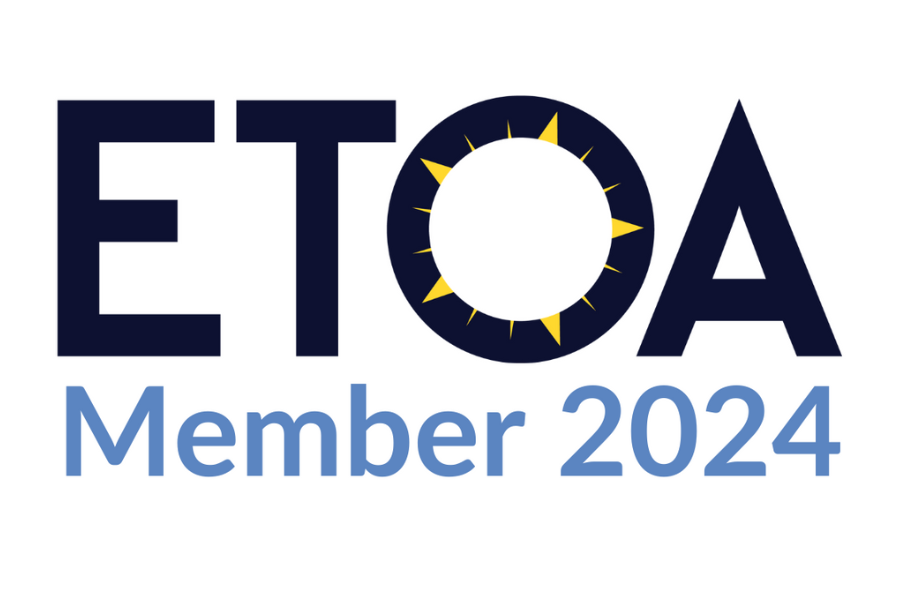
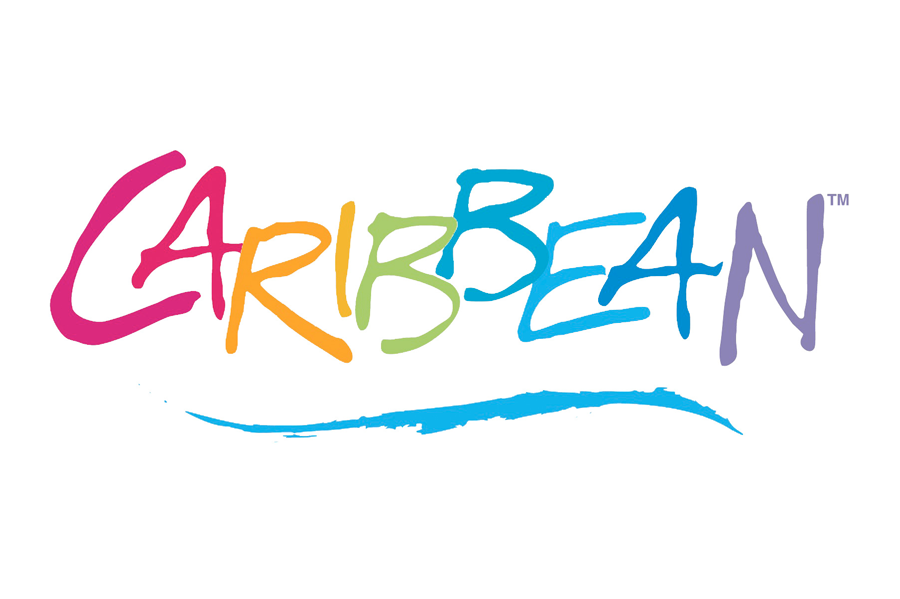
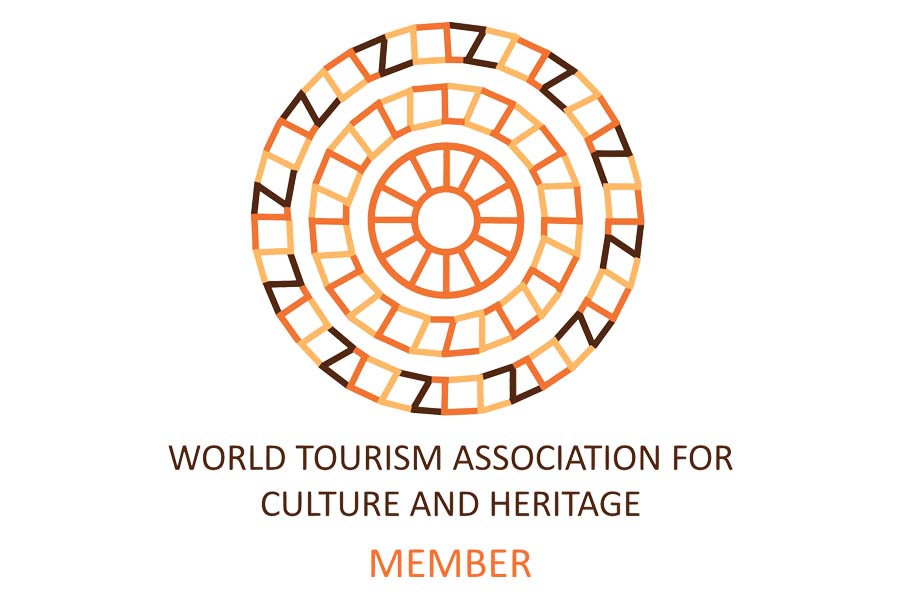


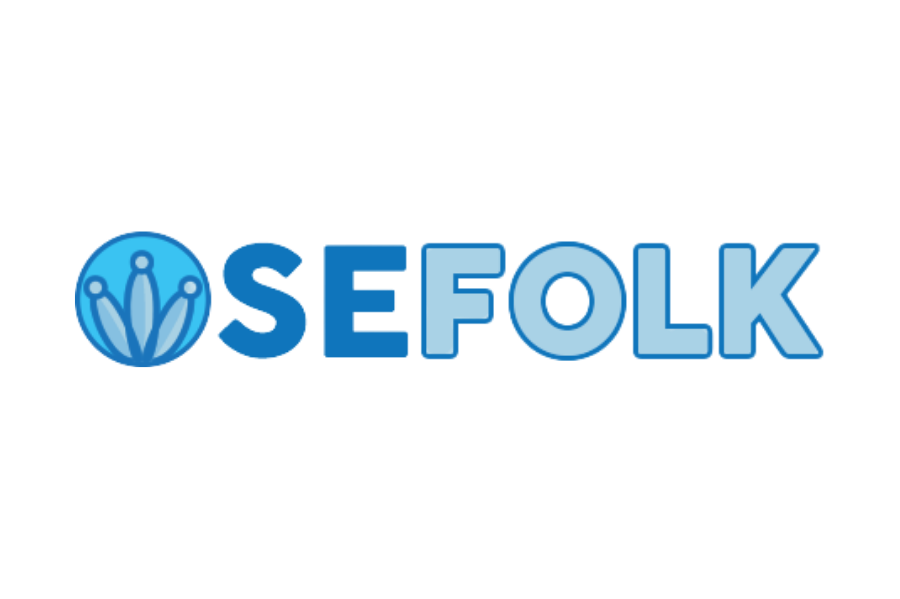

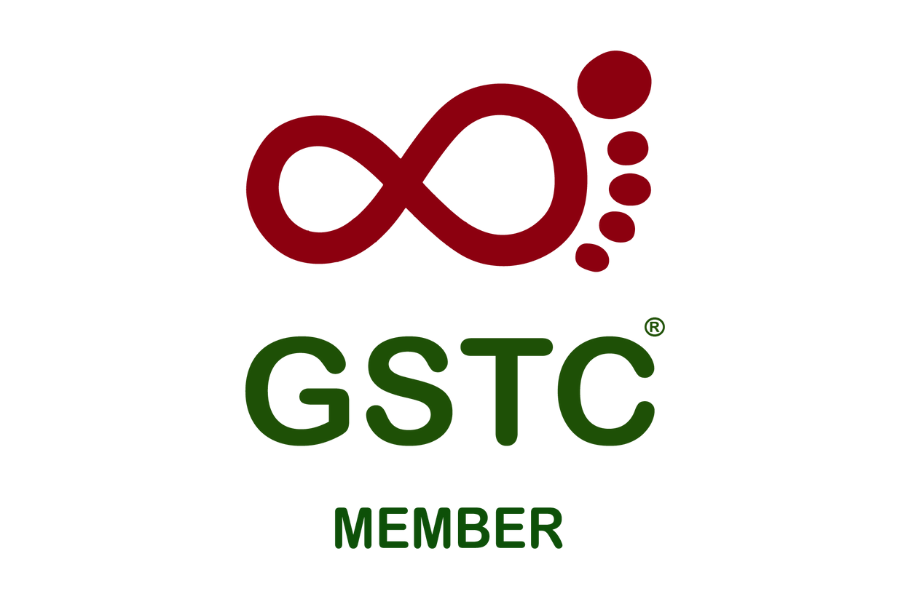
For the latest travel advice, including security, local laws and passports, visit the Foreign & Commonwealth Office website.
© 2024 All rights reserved
Made with 
| Cookie | Duration | Description |
|---|---|---|
| AWSELB | session | Associated with Amazon Web Services and created by Elastic Load Balancing, AWSELB cookie is used to manage sticky sessions across production servers. |
| cookielawinfo-checkbox-advertisement | 1 year | Set by the GDPR Cookie Consent plugin, this cookie is used to record the user consent for the cookies in the "Advertisement" category . |
| cookielawinfo-checkbox-analytics | 11 months | This cookie is set by GDPR Cookie Consent plugin. The cookie is used to store the user consent for the cookies in the category "Analytics". |
| cookielawinfo-checkbox-functional | 11 months | The cookie is set by GDPR cookie consent to record the user consent for the cookies in the category "Functional". |
| cookielawinfo-checkbox-necessary | 11 months | This cookie is set by GDPR Cookie Consent plugin. The cookies is used to store the user consent for the cookies in the category "Necessary". |
| cookielawinfo-checkbox-others | 11 months | This cookie is set by GDPR Cookie Consent plugin. The cookie is used to store the user consent for the cookies in the category "Other. |
| cookielawinfo-checkbox-performance | 11 months | This cookie is set by GDPR Cookie Consent plugin. The cookie is used to store the user consent for the cookies in the category "Performance". |
| elementor | never | This cookie is used by the website's WordPress theme. It allows the website owner to implement or change the website's content in real-time. |
| JSESSIONID | session | Used by sites written in JSP. General purpose platform session cookies that are used to maintain users' state across page requests. |
| viewed_cookie_policy | 11 months | The cookie is set by the GDPR Cookie Consent plugin and is used to store whether or not user has consented to the use of cookies. It does not store any personal data. |
| Cookie | Duration | Description |
|---|---|---|
| __lc_cid | 2 years | This is an essential cookie for the website live chat box to function properly. |
| __lc_cst | 2 years | This cookie is used for the website live chat box to function properly. |
| __oauth_redirect_detector | past | This cookie is used to recognize the visitors using live chat at different times inorder to optimize the chat-box functionality. |
| aka_debug | session | Vimeo sets this cookie which is essential for the website to play video functionality. |
| player | 1 year | Vimeo uses this cookie to save the user's preferences when playing embedded videos from Vimeo. |
| Cookie | Duration | Description |
|---|---|---|
| AWSELBCORS | 6 minutes | This cookie is used by Elastic Load Balancing from Amazon Web Services to effectively balance load on the servers. |
| Cookie | Duration | Description |
|---|---|---|
| _ga | 2 years | The _ga cookie, installed by Google Analytics, calculates visitor, session and campaign data and also keeps track of site usage for the site's analytics report. The cookie stores information anonymously and assigns a randomly generated number to recognize unique visitors. |
| _gat_gtag_UA_164521185_1 | 1 minute | This cookie is set by Google and is used to distinguish users. |
| _gid | 1 day | Installed by Google Analytics, _gid cookie stores information on how visitors use a website, while also creating an analytics report of the website's performance. Some of the data that are collected include the number of visitors, their source, and the pages they visit anonymously. |
| _hjAbsoluteSessionInProgress | 30 minutes | No description available. |
| _hjFirstSeen | 30 minutes | This is set by Hotjar to identify a new user’s first session. It stores a true/false value, indicating whether this was the first time Hotjar saw this user. It is used by Recording filters to identify new user sessions. |
| _hjid | 1 year | This is a Hotjar cookie that is set when the customer first lands on a page using the Hotjar script. |
| _hjIncludedInPageviewSample | 2 minutes | No description available. |
| CONSENT | 16 years 3 months 16 days 17 hours 23 minutes | These cookies are set via embedded youtube-videos. They register anonymous statistical data on for example how many times the video is displayed and what settings are used for playback.No sensitive data is collected unless you log in to your google account, in that case your choices are linked with your account, for example if you click “like” on a video. |
| iutk | 5 months 27 days | This cookie is used by Issuu analytic system. The cookies is used to gather information regarding visitor activity on Issuu products. |
| vuid | 2 years | Vimeo installs this cookie to collect tracking information by setting a unique ID to embed videos to the website. |
| Cookie | Duration | Description |
|---|---|---|
| IDE | 1 year 24 days | Google DoubleClick IDE cookies are used to store information about how the user uses the website to present them with relevant ads and according to the user profile. |
| mc | 1 year 1 month | Quantserve sets the mc cookie to anonymously track user behaviour on the website. |
| NID | 6 months | NID cookie, set by Google, is used for advertising purposes; to limit the number of times the user sees an ad, to mute unwanted ads, and to measure the effectiveness of ads. |
| test_cookie | 15 minutes | The test_cookie is set by doubleclick.net and is used to determine if the user's browser supports cookies. |
| VISITOR_INFO1_LIVE | 5 months 27 days | A cookie set by YouTube to measure bandwidth that determines whether the user gets the new or old player interface. |
| YSC | session | YSC cookie is set by Youtube and is used to track the views of embedded videos on Youtube pages. |